
Find Help
More Items From Ergsy search
-

How do GLP-1 receptor agonists work?
Relevance: 100%
-

What is the half-life of GLP-1?
Relevance: 60%
-

What is GLP-1?
Relevance: 58%
-

What is the connection between GLP-1 and insulin?
Relevance: 57%
-
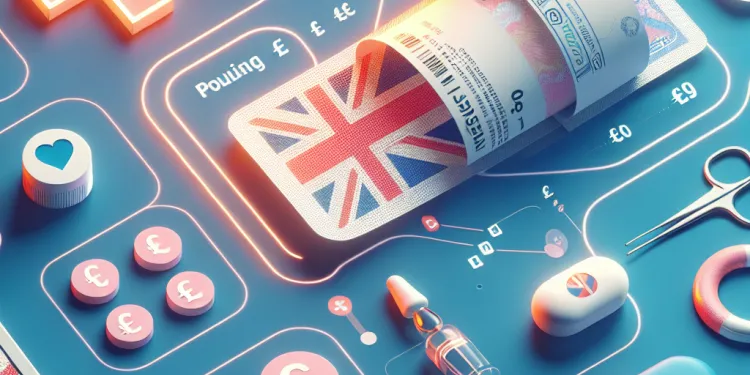
Can GLP-1 be used as a medication?
Relevance: 56%
-

How does GLP-1 affect appetite?
Relevance: 55%
-
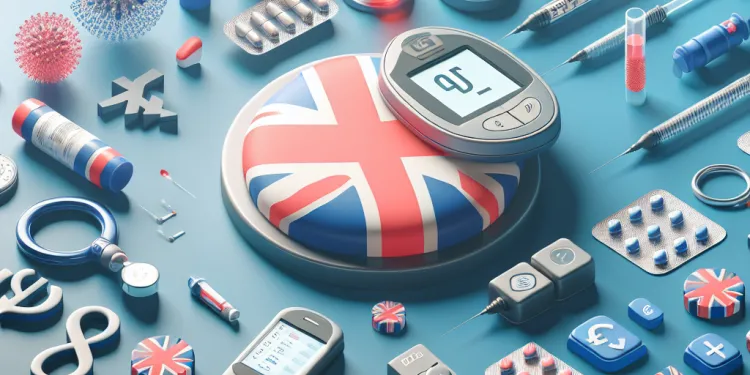
What role does GLP-1 play in diabetes management?
Relevance: 54%
-
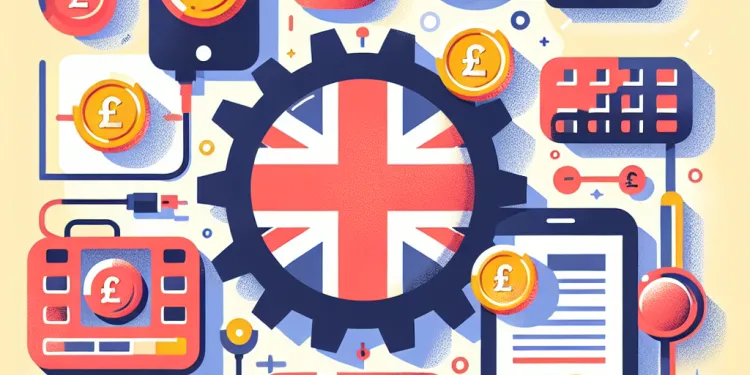
What does GLP-1 stand for?
Relevance: 54%
-

Is GLP-1 naturally occurring?
Relevance: 53%
-
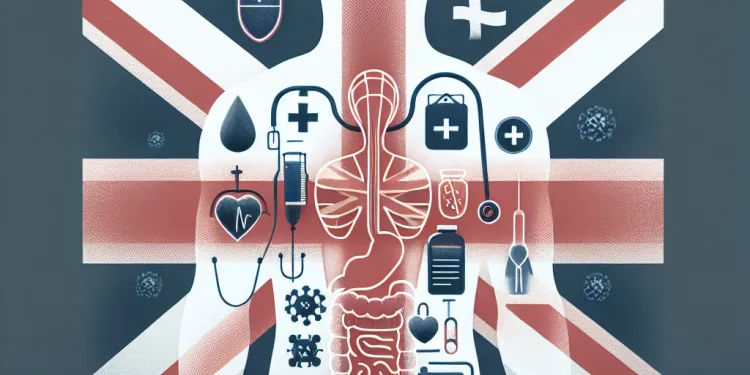
Where is GLP-1 produced in the body?
Relevance: 52%
-

What impact does GLP-1 have on glucose metabolism?
Relevance: 49%
-

Can GLP-1 levels be measured?
Relevance: 42%
-
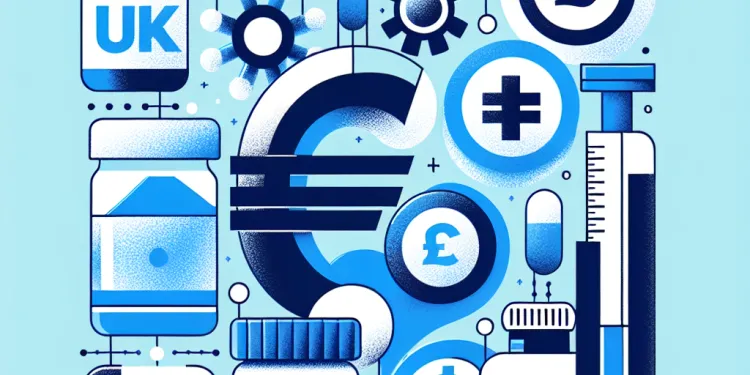
Are there any GLP-1 medications that are taken orally?
Relevance: 42%
-
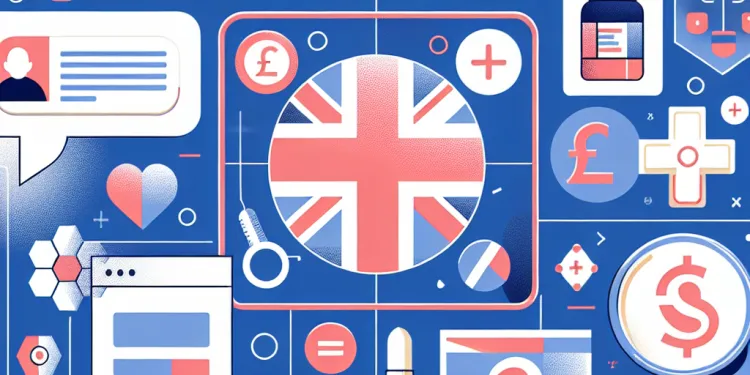
Are there any common side effects of GLP-1 medications?
Relevance: 40%
-

Are GLP-1 medications injectable?
Relevance: 40%
-
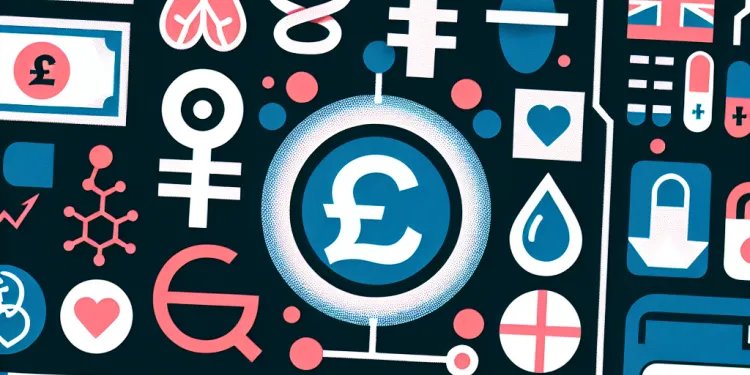
Is GLP-1 related to any other hormones?
Relevance: 39%
-
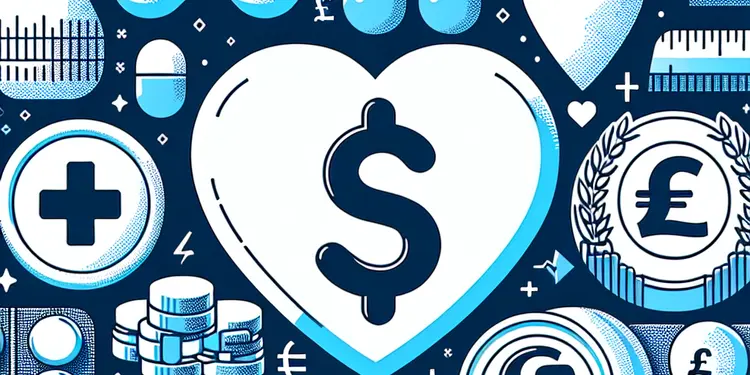
Can diabetes medications also help reduce heart attack risk?
Relevance: 39%
-

Is Wegovy similar to other weight loss drugs?
Relevance: 37%
-

How does Mounjaro work?
Relevance: 36%
-
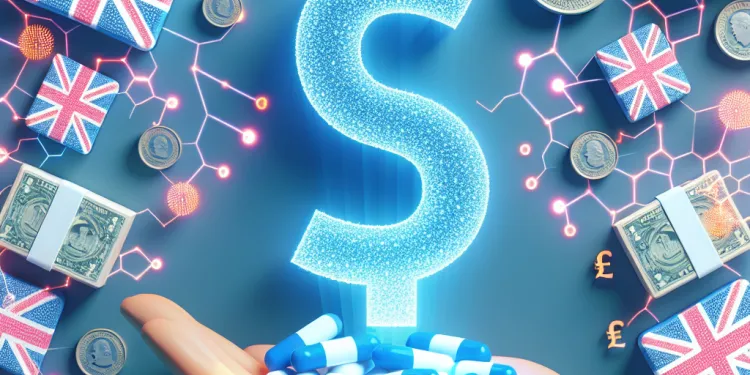
What are incretins?
Relevance: 35%
-
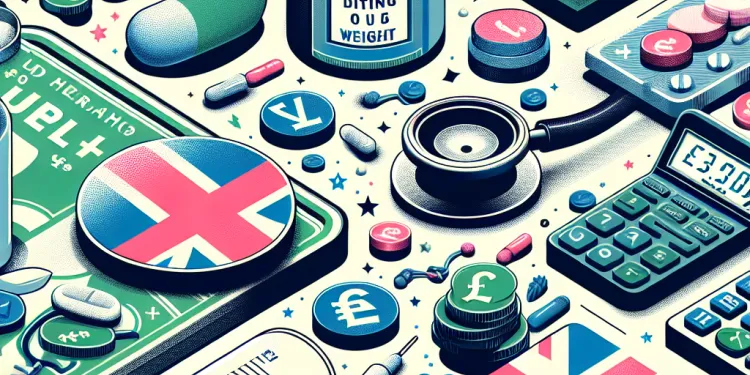
Do GLP-1 medications affect weight?
Relevance: 34%
-
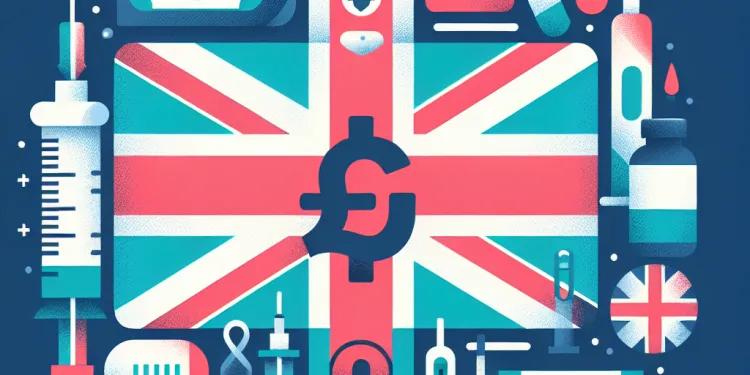
Can GLP-1 be used for type 1 diabetes?
Relevance: 34%
-

What is the active ingredient in Mounjaro?
Relevance: 31%
-

Can Mounjaro be used in type 1 diabetes?
Relevance: 30%
-

Are there any dietary factors that influence GLP-1 secretion?
Relevance: 29%
-

What populations should use caution when taking Ozempic?
Relevance: 28%
-
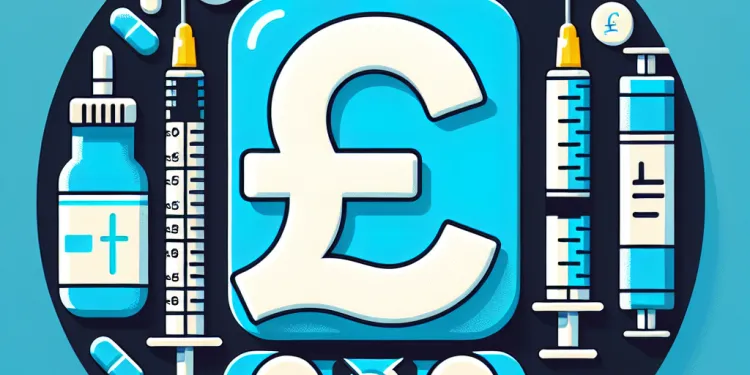
Can I take Ozempic with other diabetes medications?
Relevance: 25%
-
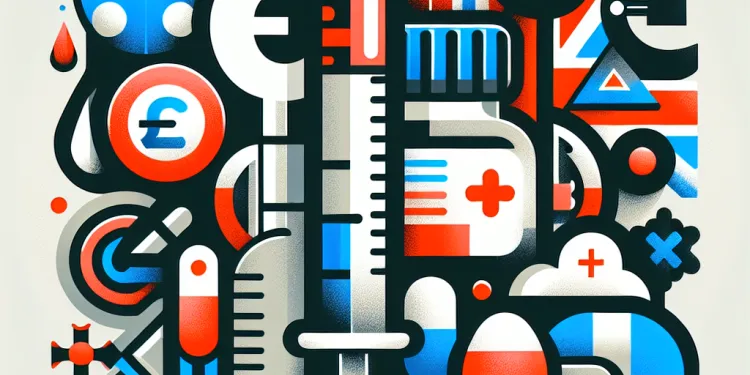
Is Ozempic a form of insulin?
Relevance: 24%
-

What is the active ingredient in Wegovy?
Relevance: 24%
-

How effective is Mounjaro in controlling blood sugar levels?
Relevance: 22%
-

What is the active ingredient in Wegovy tablets?
Relevance: 22%
-
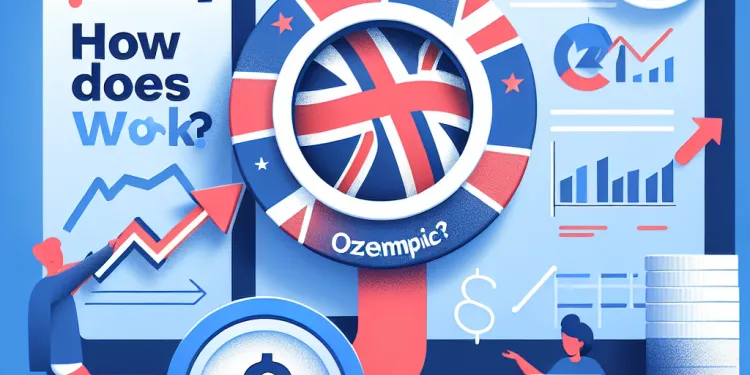
How does Ozempic work?
Relevance: 22%
-
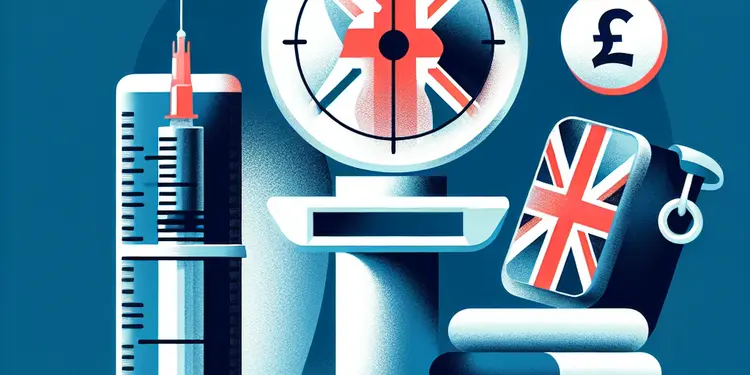
Are there any side effects from long-term use of weight loss jabs?
Relevance: 21%
-

Can Ozempic cause gallbladder problems?
Relevance: 21%
-
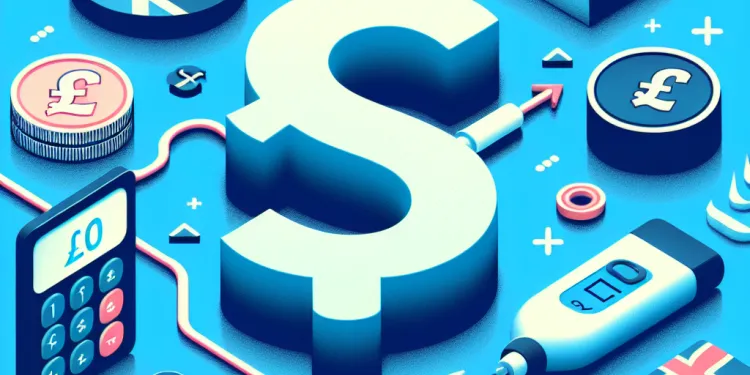
How does Ozempic affect blood sugar levels?
Relevance: 21%
-

What is the drug Wegovy used to treat?
Relevance: 20%
-

Can Ozempic cause low blood sugar (hypoglycemia)?
Relevance: 20%
-
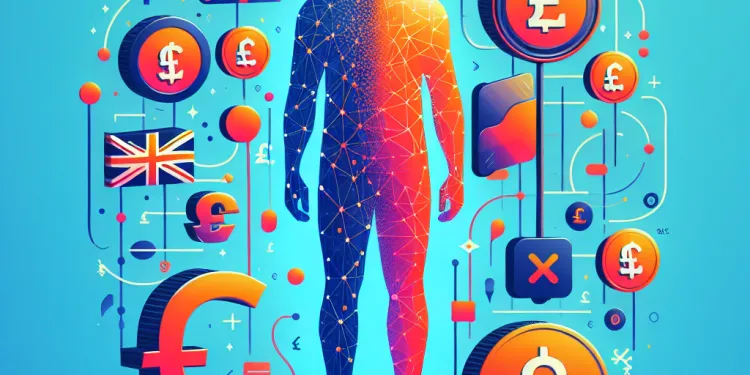
Can Ozempic be used for weight loss?
Relevance: 20%
-

Are Wegovy tablets FDA approved?
Relevance: 18%
-
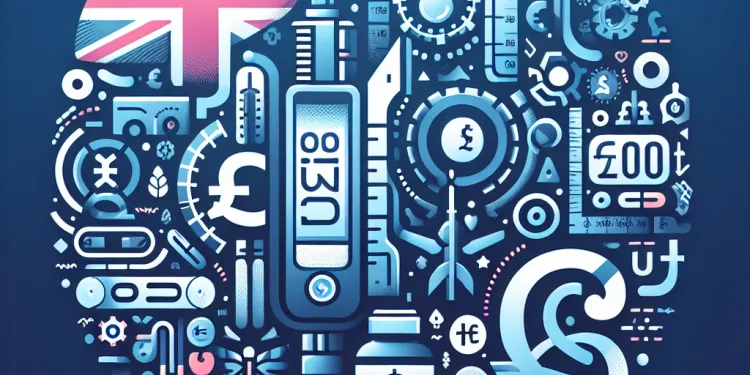
Is Ozempic suitable for type 1 diabetes?
Relevance: 18%
Introduction to GLP-1 Receptor Agonists
GLP-1 receptor agonists represent a class of medications that have gained prominence in the management of type 2 diabetes and obesity. Understanding their functioning mechanism provides insights into how these drugs can effectively aid in managing blood glucose levels and promoting weight loss for individuals with these conditions.
What is GLP-1?
GLP-1, or Glucagon-Like Peptide-1, is a hormone naturally produced in the intestines in response to food intake. It plays a crucial role in glucose metabolism by enhancing insulin secretion from the pancreas. Additionally, GLP-1 slows gastric emptying, suppresses appetite, and inhibits glucagon release, which collectively help in maintaining blood sugar levels within a normal range.
Mechanism of Action
GLP-1 receptor agonists work by mimicking the action of the natural GLP-1 hormone. These medications bind to and activate the GLP-1 receptors found in various tissues, including the pancreas and the brain. Activation of these receptors leads to several physiological effects:
First, GLP-1 receptor agonists stimulate insulin release in a glucose-dependent manner, meaning they enhance insulin secretion only when blood glucose levels are elevated. This property reduces the risk of hypoglycaemia, a significant concern with other diabetes treatments. Second, they suppress the secretion of glucagon, another pancreatic hormone that raises blood sugar levels during fasting states. By reducing glucagon levels, these agonists help prevent unnecessary increases in blood glucose.
Furthermore, these medications slow gastric emptying, which is the rate at which food exits the stomach. This action contributes to improved postprandial (after-meal) glycaemic control as it ensures a more gradual absorption of glucose into the bloodstream. Additionally, GLP-1 receptor agonists promote satiety and reduce appetite by acting on receptors in the brain, particularly in the hypothalamus, which can lead to weight loss, an added benefit for many patients with type 2 diabetes who may also struggle with obesity.
Clinical Benefits and Considerations
Clinically, GLP-1 receptor agonists have shown considerable efficacy in lowering HbA1c levels, which is a critical measure of long-term blood glucose control. These medications, such as liraglutide, exenatide, and semaglutide, are typically administered via subcutaneous injection. They are often well-tolerated, though some patients might experience gastrointestinal side effects such as nausea or diarrhoea, especially during the initial treatment phase. Long-term benefits of using GLP-1 receptor agonists go beyond glycaemic control, as they can aid in cardiovascular risk reduction, which is crucial given the increased risk of heart disease in individuals with diabetes.
Conclusion
GLP-1 receptor agonists offer a multifaceted approach to managing type 2 diabetes and obesity by targeting various pathways that regulate blood glucose levels and body weight. Their ability to improve insulin secretion, reduce appetite, and promote weight loss makes them a valuable option in a comprehensive diabetes treatment plan.
Introduction to GLP-1 Receptor Medicines
GLP-1 receptor medicines help people with type 2 diabetes and those who are overweight. They help control blood sugar and help with weight loss. Understanding how they work shows how they help keep blood sugar levels steady and help people lose weight.
What is GLP-1?
GLP-1, which stands for Glucagon-Like Peptide-1, is a chemical in our body. It is made in the stomach when we eat food. GLP-1 helps control the sugar in our blood. It makes the pancreas let out insulin, which lowers blood sugar. GLP-1 also helps keep our tummy full by slowing down how fast food leaves our stomach and stops us from feeling hungry. This helps keep blood sugar levels normal.
How Do GLP-1 Receptor Medicines Work?
GLP-1 receptor medicines act like the natural GLP-1 chemical in our body. They help in several ways:
First, they help the pancreas release insulin only when blood sugar levels are high. This helps avoid low blood sugar, which is a problem with other diabetes medicines. Second, they stop another chemical, called glucagon, from raising blood sugar when we have not eaten. This helps keep sugar levels down.
These medicines also slow down how quickly food leaves the stomach, which helps control blood sugar after eating. They help make people feel full and less hungry by affecting the brain. This can help people lose weight, which is good for many with diabetes who are also overweight.
Benefits and Things to Think About
GLP-1 receptor medicines help lower blood sugar over time. Some well-known ones include liraglutide, exenatide, and semaglutide. People usually take these by injection. They work well, but some people may feel sick or have an upset stomach at first. These medicines also help protect the heart, which is important because people with diabetes have a higher chance of heart problems.
Conclusion
GLP-1 receptor medicines are good for managing type 2 diabetes and helping with weight loss. They help in different ways to keep blood sugar levels steady and help people lose weight, making them a helpful part of diabetes treatment.
Frequently Asked Questions
What are GLP-1 receptor agonists?
GLP-1 receptor agonists are a class of medications that mimic the action of the incretin hormone GLP-1, which is involved in the regulation of blood sugar levels and appetite.
How do GLP-1 receptor agonists work in the body?
They work by activating GLP-1 receptors on pancreatic beta cells, which increases insulin secretion, suppressing glucagon release, and slowing gastric emptying, leading to better glycemic control.
What conditions are GLP-1 receptor agonists used to treat?
They are primarily used to treat type 2 diabetes and, in some cases, obesity.
Do GLP-1 receptor agonists help with weight loss?
Yes, they can aid in weight loss by reducing appetite and slowing stomach emptying, which leads to reduced calorie intake.
How are GLP-1 receptor agonists administered?
They are usually administered via subcutaneous injection, although some oral formulations are also available.
What are the common side effects of GLP-1 receptor agonists?
Common side effects include nausea, vomiting, diarrhea, and potential injection site reactions.
Can GLP-1 receptor agonists be used with other diabetes medications?
Yes, they are often used in combination with other medications to improve blood sugar control but should be done under medical supervision.
How do GLP-1 receptor agonists affect insulin levels?
They increase insulin secretion in response to meals, which helps lower blood sugar levels.
Are GLP-1 receptor agonists suitable for patients with type 1 diabetes?
They are generally not recommended for type 1 diabetes, as this condition involves an insulin production deficiency that GLP-1 agonists cannot address.
How quickly do GLP-1 receptor agonists start working?
Some effects, such as reduced appetite, can be noticed within days, but full effects on blood glucose control may take weeks.
Do GLP-1 receptor agonists protect against heart disease?
Some GLP-1 receptor agonists have shown cardiovascular benefits, potentially reducing the risk of heart disease in patients with type 2 diabetes.
Can GLP-1 receptor agonists be used during pregnancy?
The safety of GLP-1 receptor agonists during pregnancy is not well-established, and they are generally not recommended.
Are there any dietary restrictions while using GLP-1 receptor agonists?
While there are no specific restrictions, a healthy, balanced diet is recommended to maximize the benefits of the medication.
What should I do if I miss a dose of my GLP-1 receptor agonist?
Follow the specific instructions provided by your healthcare provider, which may vary depending on the medication's dosing schedule.
Can GLP-1 receptor agonists cause hypoglycemia?
They can pose a risk of hypoglycemia, especially when used with other glucose-lowering medications. Monitoring blood sugar levels is important.
What is the role of GLP-1 in the body?
GLP-1 is an incretin hormone that helps regulate blood sugar by enhancing insulin secretion, inhibiting glucagon release, and slowing gastric emptying.
Are there long-term risks associated with using GLP-1 receptor agonists?
Long-term risks are still being studied, but concerns include pancreatitis, potential thyroid tumors, and gallbladder disease.
How do GLP-1 receptor agonists compare with other diabetes medications?
They have a unique mechanism that targets multiple aspects of glucose metabolism and can provide additional benefits, such as weight loss, compared to some other medications.
Do GLP-1 receptor agonists impact kidney function?
Some GLP-1 receptor agonists may have beneficial effects on kidney function in type 2 diabetes, but more research is needed.
Can lifestyle changes impact the effectiveness of GLP-1 receptor agonists?
Yes, combining these medications with lifestyle changes, such as diet and exercise, can enhance their effectiveness in managing blood sugar and weight.
What are GLP-1 receptor agonists?
GLP-1 receptor agonists are a type of medicine.
They help control blood sugar levels in people with diabetes.
These medicines work by helping the body use insulin better.
- Helpful Tools: Use pictures or diagrams to understand how the medicine works.
- Techniques: Talk with a doctor or nurse to learn more about this medicine.
GLP-1 receptor agonists are a type of medicine. They work like a hormone called GLP-1. This hormone helps control how much sugar is in your blood and how hungry you feel.
How do GLP-1 receptor agonists work in the body?
GLP-1 receptor agonists are a type of medicine. They help your body in the following ways:
- They tell your body to make more insulin after you eat.
- They help to keep your blood sugar from getting too high.
- They can help you feel full so you might eat less.
To understand better, you can use pictures or videos. You can also ask someone to explain it to you. Apps with voice read-aloud features can also be helpful.
These medicines help your body use sugar better. They turn on special parts called GLP-1 receptors in your pancreas. This helps your body make more insulin. Insulin is important because it helps sugar move from your blood into your cells. The medicine also stops your body from releasing too much glucagon, which is something that makes your blood sugar go up. It also makes food move slowly through your stomach. All of this helps keep your blood sugar at a healthy level.
You can use things like picture cards or apps to help you understand this better. Ask someone you trust if you need help.
What are GLP-1 receptor agonists used for?
GLP-1 receptor agonists are medicines. They help people with some health problems.
This medicine is often used to treat diabetes. It helps control blood sugar levels.
If you find reading hard, you can:
- Ask someone to help you read.
- Use a text-to-speech app to listen to the words.
- Look for pictures or videos about GLP-1 receptor agonists.
These medicines help people who have type 2 diabetes. Doctors sometimes use them to help people lose weight, too.
Do GLP-1 receptor agonists help people lose weight?
GLP-1 receptor agonists are a type of medicine. They can help some people lose weight. If you want to use them, talk to your doctor or nurse. They can tell you if it is safe for you. You can also ask for help if you do not understand.
Tools that can help:
- Ask someone you trust to help you read.
- Use apps that read text out loud.
- Break the text into small bits to make it easier to read.
Yes, they can help you lose weight. They make you feel less hungry and slow down how fast your stomach empties. This means you eat fewer calories.
How do you take GLP-1 receptor agonists?
GLP-1 receptor agonists are medicines.
You usually get these medicines through an injection (a shot). This means a small needle goes into your skin.
A doctor or nurse will show you how to use the injection.
If you find it hard to remember, you can ask someone to help you or set reminders on a phone or with an alarm.
These medicines usually go into the body with a small needle under the skin. But some pills are also available.
What can happen if you take GLP-1 receptor agonists?
GLP-1 receptor agonists are a type of medicine. If you take them, you might feel different. These are some things that might happen:
- You might feel sick in your tummy (nausea).
- You might get a runny poo (diarrhea).
- You might throw up (vomit).
- You might feel dizzy.
You can talk to a doctor or nurse if you feel unwell. They can help you feel better. Try using images or videos to learn more about this medicine. A friend or family can help you understand too.
Some people might feel sick or throw up. Others may have a runny tummy. The place where you get the shot might hurt or be red.
Can you take GLP-1 receptor agonists with other diabetes medicine?
Yes, you can take GLP-1 receptor agonists with other diabetes medicine.
Here are some tips to help you understand:
- Ask your doctor: Always talk to your doctor before mixing medicines.
- Read the labels: Medicine labels can tell you important things.
- Use a pill organizer: It can help you remember to take your medicine.
Yes, these medicines can be used with other pills to help control blood sugar. A doctor should always help you with this.
How do GLP-1 receptor agonists affect insulin levels?
GLP-1 receptor agonists are medicines. They help the body use insulin better. Insulin is a hormone. It helps sugar from food get into your body's cells. This gives you energy.
When you take GLP-1 receptor agonists, your body can make more insulin. This helps control sugar levels in your blood. Keeping sugar levels steady is important for health.
Sometimes pictures or videos can help you understand how this works. Ask someone you trust if you have more questions.
They help the body make more insulin after you eat, which lowers your blood sugar.
Can people with type 1 diabetes use GLP-1 receptor agonists?
People with type 1 diabetes need help making insulin.
GLP-1 receptor agonists are medicine that help lower blood sugar in people with type 2 diabetes.
This medicine is not for everyone with diabetes.
Ask a doctor for advice if you have type 1 diabetes.
Tip: You can use pictures or videos to understand better.
People with type 1 diabetes should not use these medicines. This is because their bodies do not make enough insulin, and these medicines do not help with that.
How fast do GLP-1 receptor agonists start to work?
You might feel less hungry in just a few days. But it could take a few weeks to see changes in your blood sugar levels.
Do Certain Medicines Help Keep the Heart Healthy?
Some medicines can help you stay healthy. GLP-1 medicines might help protect the heart. This is important because a healthy heart keeps the body strong.
If reading is hard, you can try:
- Asking someone to read with you.
- Using audiobooks or read-aloud tools.
- Breaking up text into smaller parts.
- Looking at pictures to understand better.
Some medicines can help protect your heart if you have type 2 diabetes. They might make it less likely for you to get heart disease.
Can you take GLP-1 medicines when pregnant?
GLP-1 medicines might not be safe for women who are going to have a baby.
It is important to talk to a doctor. They will know what is best.
Try using pictures or a video to understand more.
We do not know if GLP-1 receptor agonists are safe for pregnant women. Doctors usually say not to use them if you are pregnant.
Can I eat anything when using GLP-1 receptor agonists?
When you use GLP-1 receptor agonists (a type of medicine), it is important to know if there are foods you should avoid. Talk to your doctor or nurse about what you can eat.
Helpful Tip: Use pictures and simple charts to understand what foods you can have.
You can eat anything you like, but it's good to eat healthy foods. This will help the medicine work better.
What do I do if I forget my medicine?
If you forget to take your GLP-1 receptor agonist medicine, here are some tips:
- Take it as soon as you remember.
- If it is nearly time for your next dose, skip the one you missed. Just take the next one.
- Do not take two doses at the same time.
- Ask a grown-up or your doctor if you need help.
Using an alarm or a reminder on your phone can help you remember.
Listen to what your doctor or nurse tells you. They will tell you how and when to take your medicine. This might be different for each medicine.
Can GLP-1 Drugs Cause Low Blood Sugar?
GLP-1 drugs help control blood sugar. Sometimes, they might make blood sugar too low. This is called hypoglycemia.
Here are ways to stay safe:
- Talk to your doctor.
- Check your blood sugar often.
- Eat regular meals.
Always get help if you feel dizzy or weak.
These medicines can make your blood sugar too low. This happens more when you take other medicines that lower blood sugar. It is important to check your blood sugar levels.
What does GLP-1 do in the body?
GLP-1 helps the body in different ways:
- Controls Sugar Levels: It helps to keep blood sugar from getting too high after eating.
- Helps Feel Full: It tells your brain when you have eaten enough, so you feel full.
- Supports Heart Health: It can help keep your heart healthy.
Tools and Tips:
- Pictures: Look at pictures or videos about how the body works with GLP-1.
- Talk with Others: Discuss with a friend or family member to understand better.
GLP-1 is a hormone in your body. It helps control sugar in your blood. It does this by helping your body make insulin, stopping your body from making too much glucagon, and slowing down the way your stomach empties food.
Do GLP-1 receptor agonists have long-term risks?
Doctors are still learning about what might happen if you take the medicine for a long time. They are worried it might hurt the pancreas, which helps with digestion, or cause lumps in the thyroid, which is in your neck. It might also cause problems with the gallbladder, which helps digest food.
If this is hard to understand, you can ask someone you trust to help explain it. You can also look at pictures or videos that show how these body parts work.
How do GLP-1 receptor agonists compare with other diabetes medications?
What are GLP-1 receptor agonists? How do they work with other diabetes medicines? Let's make it simple!
GLP-1 receptor agonists are special medicines for diabetes. They help lower blood sugar.
Other diabetes medicines work differently. Some help the body use insulin better, and others help make more insulin.
Ask your doctor or nurse which medicine is best for you.
If reading is tricky, ask someone to read it with you. Use apps that can read or show words in a way that's easy to understand.
This medicine works in a special way. It helps your body use sugar better. It can also help you lose weight. This can be better than some other medicines.
Do GLP-1 receptor drugs affect how kidneys work?
GLP-1 receptor drugs might change how kidneys work. The kidneys clean the blood and make urine. If you take these drugs, tell your doctor. They will check your kidneys to make sure they are okay.
Ask your doctor questions if you are worried. It can help to bring a list of questions to your appointment. You might also want someone with you to help remember what the doctor says.
Some medicines might help the kidneys work better in people with type 2 diabetes. But scientists need to study more to be sure.
Can changing how you live make GLP-1 medicine work better?
Yes, taking these medicines with healthy habits, like eating good food and moving your body, can help them work better to control your blood sugar and weight.
Useful Links
This website offers general information and is not a substitute for professional advice.
Always seek guidance from qualified professionals.
If you have any medical concerns or need urgent help, contact a healthcare professional or emergency services immediately.
Some of this content was generated with AI assistance. We’ve done our best to keep it accurate, helpful, and human-friendly.
- Ergsy carfully checks the information in the videos we provide here.
- Videos shown by Youtube after a video has completed, have NOT been reviewed by ERGSY.
- To view, click the arrow in centre of video.
- Most of the videos you find here will have subtitles and/or closed captions available.
- You may need to turn these on, and choose your preferred language.
- Go to the video you'd like to watch.
- If closed captions (CC) are available, settings will be visible on the bottom right of the video player.
- To turn on Captions, click settings .
- To turn off Captions, click settings again.
More Items From Ergsy search
-

How do GLP-1 receptor agonists work?
Relevance: 100%
-

What is the half-life of GLP-1?
Relevance: 60%
-

What is GLP-1?
Relevance: 58%
-

What is the connection between GLP-1 and insulin?
Relevance: 57%
-

Can GLP-1 be used as a medication?
Relevance: 56%
-

How does GLP-1 affect appetite?
Relevance: 55%
-

What role does GLP-1 play in diabetes management?
Relevance: 54%
-

What does GLP-1 stand for?
Relevance: 54%
-

Is GLP-1 naturally occurring?
Relevance: 53%
-

Where is GLP-1 produced in the body?
Relevance: 52%
-

What impact does GLP-1 have on glucose metabolism?
Relevance: 49%
-

Can GLP-1 levels be measured?
Relevance: 42%
-

Are there any GLP-1 medications that are taken orally?
Relevance: 42%
-

Are there any common side effects of GLP-1 medications?
Relevance: 40%
-

Are GLP-1 medications injectable?
Relevance: 40%
-

Is GLP-1 related to any other hormones?
Relevance: 39%
-

Can diabetes medications also help reduce heart attack risk?
Relevance: 39%
-

Is Wegovy similar to other weight loss drugs?
Relevance: 37%
-

How does Mounjaro work?
Relevance: 36%
-

What are incretins?
Relevance: 35%
-

Do GLP-1 medications affect weight?
Relevance: 34%
-

Can GLP-1 be used for type 1 diabetes?
Relevance: 34%
-

What is the active ingredient in Mounjaro?
Relevance: 31%
-

Can Mounjaro be used in type 1 diabetes?
Relevance: 30%
-

Are there any dietary factors that influence GLP-1 secretion?
Relevance: 29%
-

What populations should use caution when taking Ozempic?
Relevance: 28%
-

Can I take Ozempic with other diabetes medications?
Relevance: 25%
-

Is Ozempic a form of insulin?
Relevance: 24%
-

What is the active ingredient in Wegovy?
Relevance: 24%
-

How effective is Mounjaro in controlling blood sugar levels?
Relevance: 22%
-

What is the active ingredient in Wegovy tablets?
Relevance: 22%
-

How does Ozempic work?
Relevance: 22%
-

Are there any side effects from long-term use of weight loss jabs?
Relevance: 21%
-

Can Ozempic cause gallbladder problems?
Relevance: 21%
-

How does Ozempic affect blood sugar levels?
Relevance: 21%
-

What is the drug Wegovy used to treat?
Relevance: 20%
-

Can Ozempic cause low blood sugar (hypoglycemia)?
Relevance: 20%
-

Can Ozempic be used for weight loss?
Relevance: 20%
-

Are Wegovy tablets FDA approved?
Relevance: 18%
-

Is Ozempic suitable for type 1 diabetes?
Relevance: 18%


